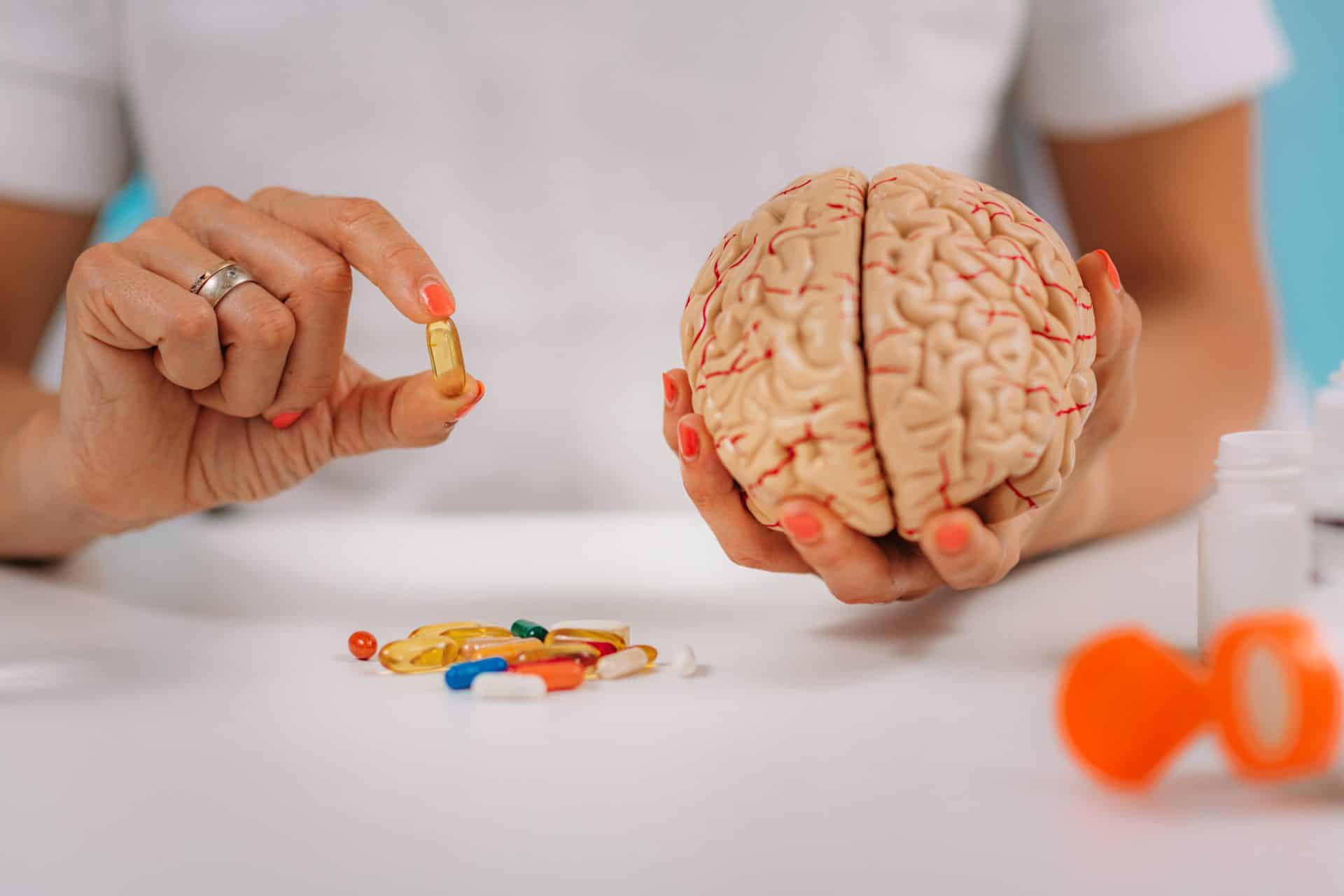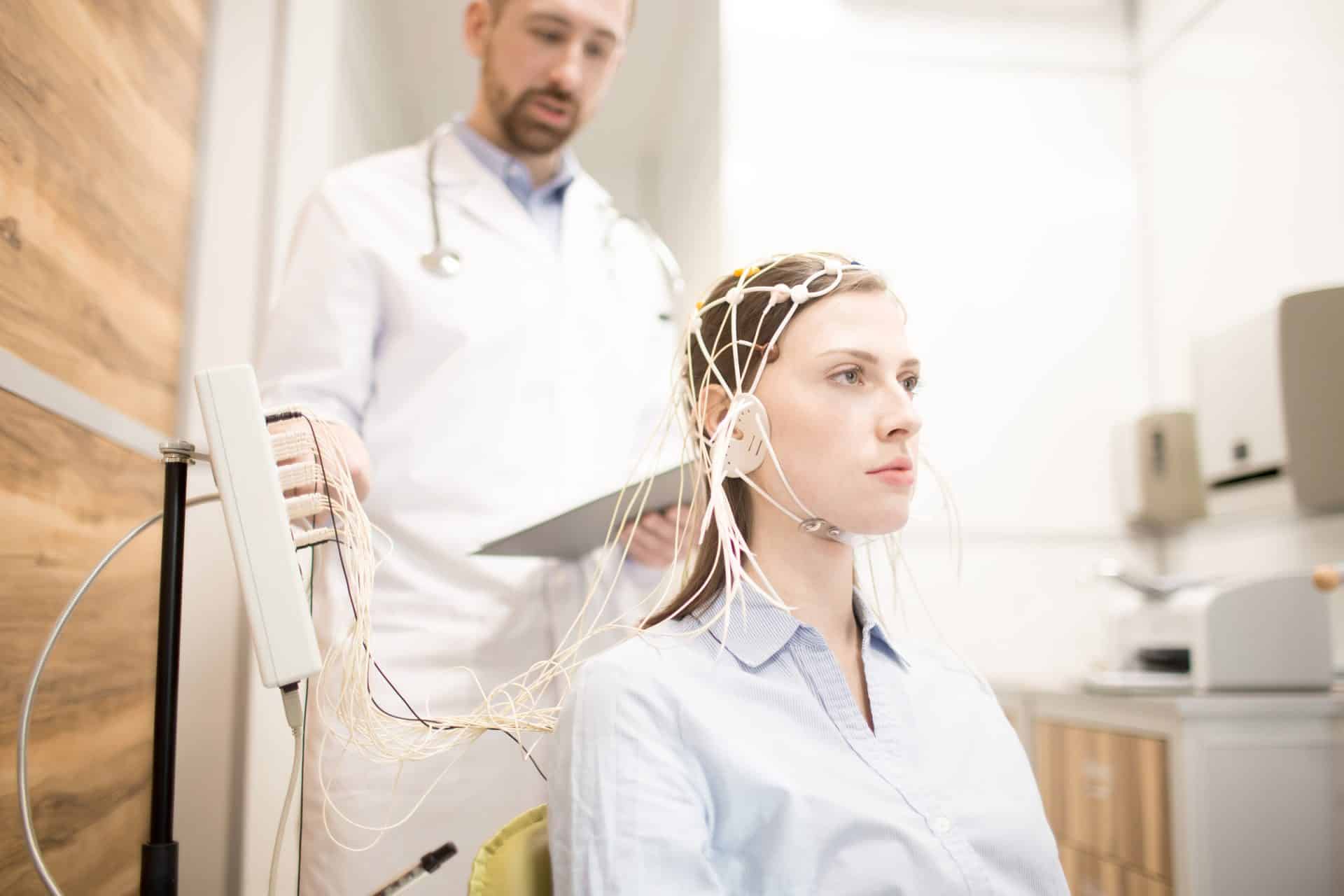
INTRODUCTION
Unipolar depression is a significant disorder that can affect all aspects of a person’s life, including relationships, work, and physical health. Recognizing its signs is essential because they can disrupt normal daily functioning. A variety of therapeutic options are available to support individuals affected by unipolar depression and help improve their condition. Here is information about this common form of mood disorder.
SYMPTOMS OF UNIPOLAR DEPRESSION
Unipolar depression is a mental disorder that profoundly affects a person’s mood and well-being. Often referred to as “depression,” it is also known as major depression or major depressive disorder. This mood disorder makes a person constantly feel sad, discouraged, or hopeless for an extended period.
This condition is standard, with over 163 million people affected by major depressive disorder worldwide. In Canada, 2 to 6% of the population is likely to experience unipolar depression each year.
WHAT ARE THE MOST COMMON SIGNS?
A variety of symptoms can appear with unipolar depression. Their severity and combination can vary significantly from person to person. These signs can be grouped into several categories:
-
EMOTIONAL SYMPTOMS
People with major depressive disorder experience a persistent feeling of sadness, emptiness, or hopelessness that permeates their daily life. This depressive mood is sometimes accompanied by an inability to feel pleasure or interest in once enjoyable activities. Some patients with unipolar depression may also describe feeling emotionally numb or detached from others.
Notable mood changes can also manifest as increased irritability, mood swings, or a tendency to become easily angered in depressed individuals. Unipolar depression is also likely to lead sufferers to feel guilty about things they cannot control or have a pervasive sense of worthlessness.
-
COGNITIVE SYMPTOMS
Unipolar depression can also result in difficulties with concentration, affecting the ability to think, focus on tasks, or make decisions. In severe cases, suicidal thoughts or self-harm tendencies may appear in individuals with this depressive disorder.
-
PHYSICAL SYMPTOMS
Insomnia is a common symptom of unipolar depression. Depressed individuals may struggle to fall asleep, stay asleep, or wake up too early in the morning. Unipolar depression can also lead to changes in appetite or weight, as well as a lack of energy and persistent fatigue. Some people with major depression may experience physical pain such as headaches, muscle aches, or digestive problems without identifiable physical causes.
UNIPOLAR DEPRESSION, DYSTHYMIA, AND BIPOLAR DEPRESSION: WHAT ARE THE DIFFERENCES?
Several factors such as duration, intensity, and type of symptoms help distinguish unipolar depression from other disorders like bipolar depression or dysthymia:
-
DISTINGUISHING UNIPOLAR DEPRESSION FROM DYSTHYMIA:
Unipolar depression is characterized by major depressive episodes lasting at least two weeks. Dysthymia, or persistent depressive disorder, is a more chronic and milder form of depression lasting at least two years, with less intense but more persistent symptoms. Symptoms of unipolar depression are generally more intense than those of dysthymia. They can significantly disrupt daily life, work, and relationships. People with dysthymia may often function daily but with a generally low mood and lack of pleasure.
-
DISTINGUISHING UNIPOLAR DEPRESSION FROM BIPOLAR DEPRESSION:
The main difference lies in the presence of manic or hypomanic episodes in bipolar disorder, alternating between periods of depression and periods of elevated mood, increased energy, impulsivity, and sometimes psychotic symptoms. Unipolar depression, on the other hand, involves only depressive episodes. Although rare in both cases, psychotic symptoms such as hallucinations or delusions are more common in bipolar depression than in unipolar depression.
WHAT ARE THE SOURCES OF UNIPOLAR DEPRESSION?
Unipolar depression is a multifactorial illness. It is often the result of a combination of biological, psychological, and social factors that interact in complex ways to create individual vulnerability. Its onset in a person involves a range of possible causes:
-
GENETIC FACTORS:
They play an essential role in unipolar depression: children whose parents have a history of depression are at a higher risk of developing the disorder. Although a genetic link exists, no single gene has been identified as responsible for its onset. This disorder is thus considered a condition with complex genetic traits, meaning multiple genes, each having an effect, interact to influence the risk in an individual.
-
SOCIAL AND ENVIRONMENTAL FACTORS:
Negative life experiences can trigger this form of depression in genetically predisposed individuals or increase the risk in those who are not. Major events such as childhood trauma, significant life changes, certain medications, chronic health problems, and substance abuse issues can contribute to the development of unipolar depression. Social and interpersonal factors such as divorce or widowhood, as well as being female, also increase the risk of unipolar depression. A lack of social support, isolation, relationship difficulties, difficult living conditions, poverty, or unemployment can also be risk factors for depression.
-
PSYCHOLOGICAL FACTORS:
Stress and negative thought patterns can also play a role in the onset of depression. This disorder may eventually occur when stressful life events trigger a pre-existing vulnerability.

INFORMATION ON UNIPOLAR DEPRESSION
Diagnosing depression is a crucial process that involves a thorough evaluation of symptoms, medical history, and the patient’s mental state. A healthcare professional’s intervention is essential. Their medical and psychological expertise ensures an accurate diagnosis that guides the patient toward appropriate therapies and support.
The process is typically carried out in several stages:
-
EVALUATION OF SYMPTOMS
The diagnostic process usually begins with an assessment of depressive symptoms—the doctor or healthcare professional questions the patient about their experiences and behaviours. Family and friends may also provide observations. This evaluation covers various aspects, including depressive moods, such as the presence of feelings of sadness, emptiness, or persistent depressed mood, loss of interest or pleasure in activities, and other potential symptoms, such as sleep problems and fatigue.
-
MENTAL STATE EXAMINATION
In addition to assessing symptoms, a mental state examination is conducted to evaluate the patient’s mood, thinking, and behaviour. This step may focus on the presence of pessimistic and suicidal thoughts as well as cognitive functions.
-
HISTORY ASSESSMENT
An essential part of the diagnosis also involves examining medical and psychological history. This includes evaluating the patient’s physical health history, family history of depression or other mental disorders, and stressful or traumatic life events that may contribute to the development of depression. This step helps to understand underlying factors that may influence the disorder.
-
PHYSICAL EXAMINATION
Although depression is a psychological disorder, a physical examination and laboratory tests may be performed to rule out other potential causes of symptoms, such as thyroid disorders or vitamin deficiencies. These tests help to exclude medical conditions that could mimic depressive symptoms.
WHAT ARE THE TREATMENTS FOR UNIPOLAR DEPRESSION?
Managing depression often requires a combination of therapies to be effective. The approach should be personalized and require close collaboration between the patient and the healthcare professional. Combining different therapeutic approaches, along with psychological and social support, offers the best chance of improving the quality of life for individuals with depression. Effective practices include:
-
NEUROFEEDBACK
Neurofeedback is a noninvasive technique that improves mental health by altering brain activity patterns. This method uses quantitative electroencephalography (qEEG) to monitor brain electrical activity in real-time. Based on the analysis, a personalized training protocol targets specific brain areas exhibiting abnormal activity.
This therapy targets certain brain regions. An imbalance in communication between the frontal lobes and other brain areas can contribute to depression. During sessions, patients receive feedback on their brain activity, usually through visual or auditory signals. They receive positive reinforcement when they modify their brain activity towards the desired goal. This process encourages the brain to learn and reinforce healthy brain activity patterns associated with improved mood and reduced depressive symptoms.
Potential outcomes of Neurofeedback for unipolar depression may include a more positive mood, enhanced well-being, increased motivation, reduced fatigue, or better emotional control.
-
MEDICATION
Antidepressants are often the first line of defence in treating unipolar depression, especially in cases of severe depression. They work by altering levels of certain neurotransmitters in the brain, such as serotonin, norepinephrine, and dopamine. In some cases, other medications may also be considered, such as anxiolytics to relieve anxiety or mood stabilizers to prevent relapses.
-
PSYCHOTHERAPY
Also known as talk therapy, psychotherapy is another component of treating unipolar depression. It helps individuals with depression understand and manage their thoughts, emotions, and dysfunctional behaviours contributing to their condition.
Various therapeutic approaches are considered adequate, such as cognitive-behavioural therapy (CBT), which helps patients identify and modify negative thoughts and maladaptive behaviours. Other types of treatment, such as behavioural activation, acceptance and commitment therapy, dialectical behaviour therapy, and mindfulness-based cognitive therapy, may also be suitable.
-
LIFESTYLE CHANGES
Adopting a healthy lifestyle can also play an essential role in managing depression. While these changes do not replace medical treatments or therapy, they can contribute to overall improvement. Physical exercise releases endorphins, also called “happiness hormones.” Regular physical activity like walking, jogging, or yoga can reduce depressive symptoms and improve self-esteem. A strong social support network is also crucial for coping with depression. Support from friends and family can be a key element in recovery. Feeling surrounded and understood helps to break the isolation often associated with depression. Avoiding alcohol and drugs is recommended, as their use can worsen depressive symptoms and interfere with treatment.
CONCLUSION
It is essential to seek help from a mental health professional when suffering from unipolar depression. With an appropriate approach, which may include therapy and medication, most people with unipolar depression can improve their daily lives in the long term.




